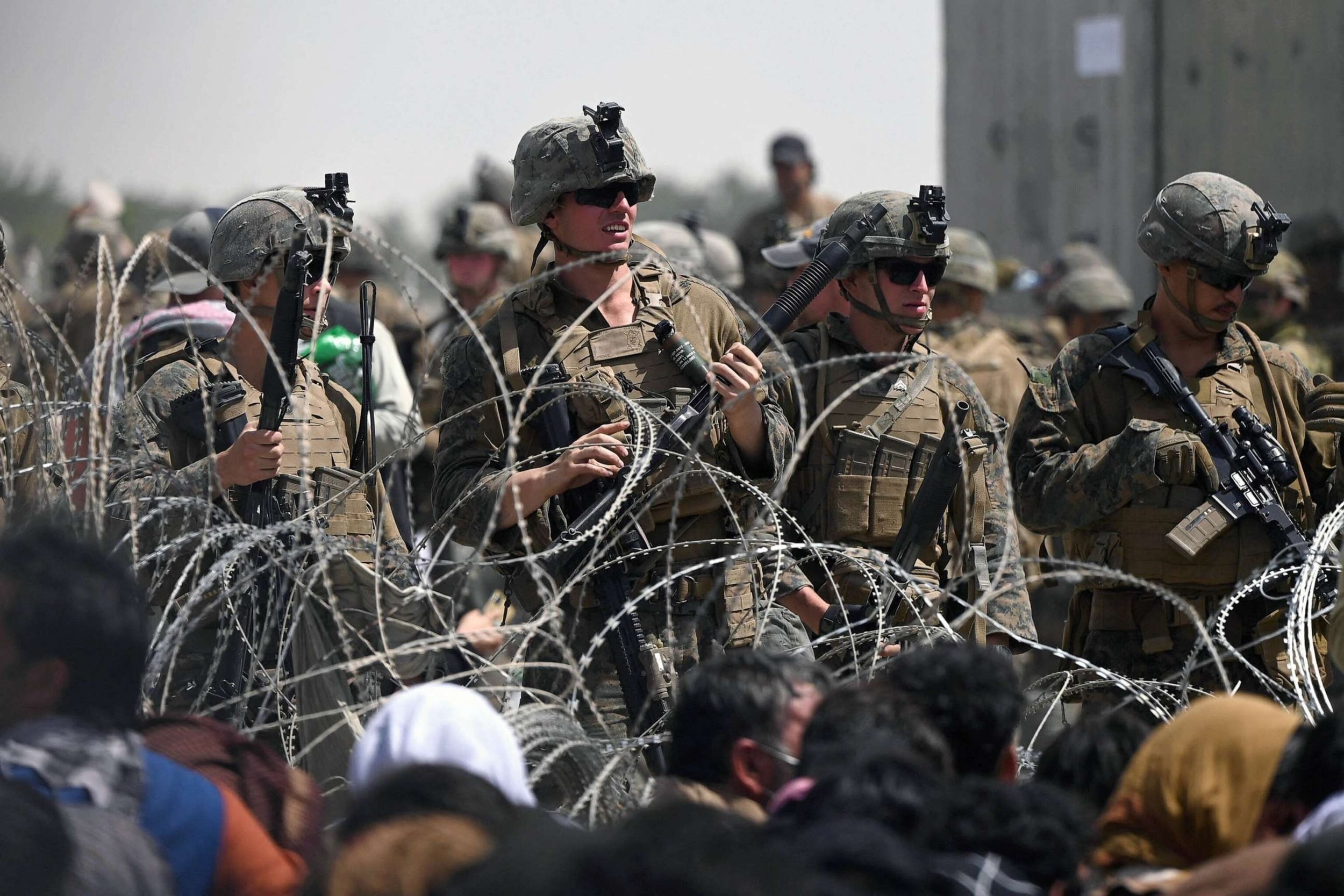
On the Los Angeles Uprising
As of this writing, 56 people in Los Angeles have been arrested by the state for resisting terrorist U.S. Immigration and Customs Enforcement (ICE) raids. 2,000 members of the National Guard have been deployed and 700 Marines have been detailed to protect the property of the ruling class. This conflict was sparked by the outrageous actions of the US Department of Homeland Security, which claims to have kidnapped nearly 14,000 people in the last week alone.

Imperialism and the US Proletariat
Over the last 100 years, US capitalism has fully matured and reached its highest stage – the dominance by financial institutions of all industries by means of shareholding. It is in this mature stage that US financial institutions, burdened with surplus capital which can not be reinvested domestically, have expanded across the globe.

The Fall of US Capitalism and the Victory of Socialism, Part II
Revolutionary struggle does not manifest in a single instance of outrage by the masses. Revolutionary struggle is a dialectical process – the exploited class gradually builds its strength, while at the same time it degrades the strength of the ruling exploiter class. These small quantitative changes in the relative power of the two opposing classes, over time, lead to a qualitative change — the victory of the exploited and the destruction of the exploiter.

The Imperialists Have Their Claws in the Congo
Christian Malanga’s attempted May 2024 coup in the Democratic Republic of the Congo is a case study in imperialism, that provides us a window into the economic and political necessities of the imperialist machine. Through this study, we can understand our own tasks and continue the fight for revolution.

Ethiopia Against Imperialism
In order to reverse the pattern of unequal exchange, the Ethiopian government has developed multiple state-led economic development plans. While portions of state companies are indeed being sold off on a newly created stock market, the government still maintains majority shares in all state assets. State owned corporations are developed in key areas in order to provide a robust infrastructure for economic development in poor areas. This shift away from US puppetry towards economic self-reliance has drawn the ire of US warhawks.

Iran, the Israeli Occupation, and the Violence of the Capitalist State
It is our task to see that which is dying and that which struggles to be born. We must further embed ourselves in the working class because we have been presented with a world-historic opportunity. The pathway for the growth of socialist revolution is beginning to be cleared away, much as it was in Russia following its devastating failure in the 1904-1905 Russo-Japanese war.

What Is Imperialism?
If we are to truly understand our current world — and indeed if we are to change it — we must wield a precise definition of “imperialism.”